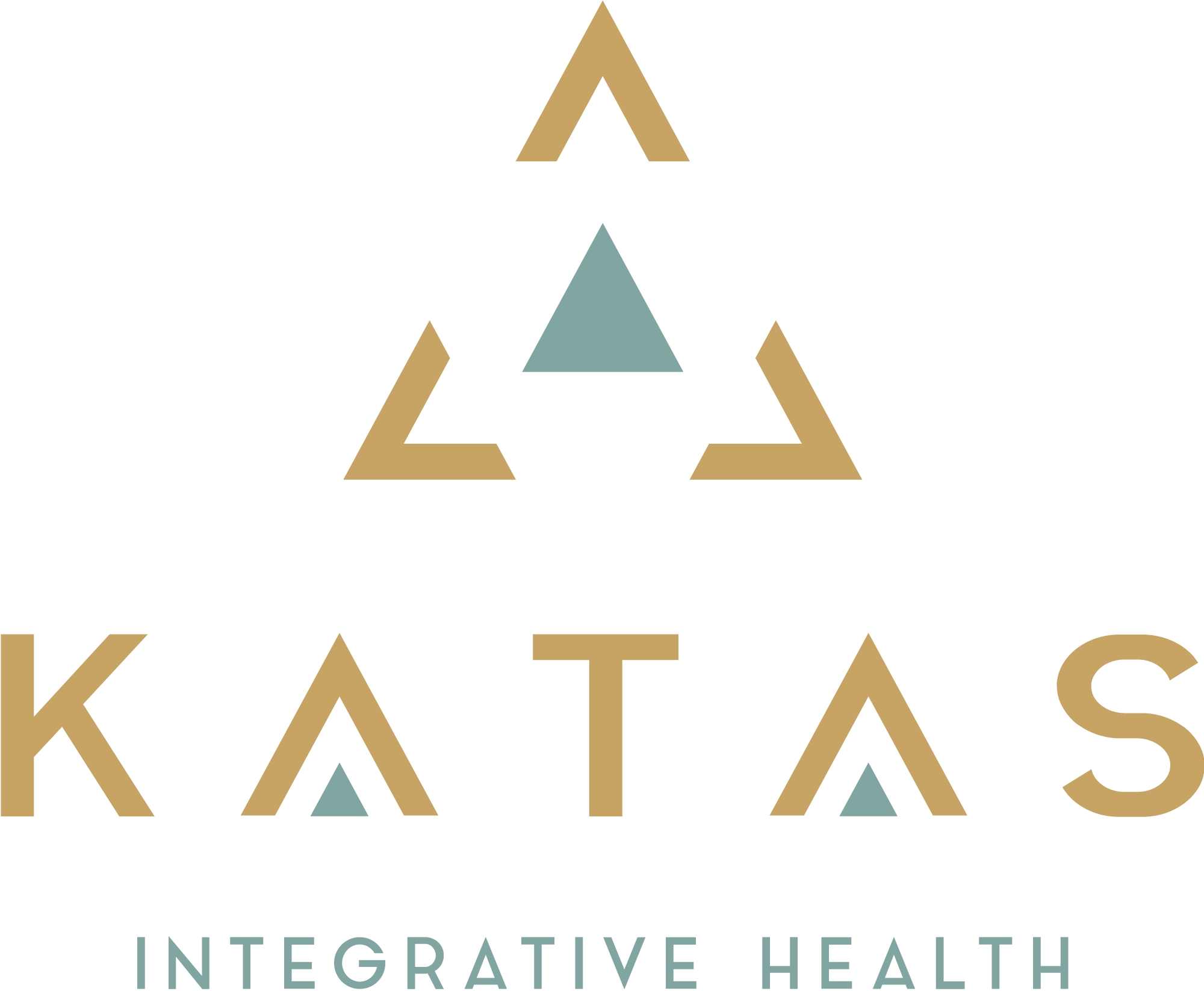Conventional Medicine vs. Functional Medicine
Defining health may seem simple; however, what it means to have health has changed over the years. When asked to explain health, some refer to how a person looks or acts, yet others consider someone’s state of wellbeing. In the past, health was defined as someone free from disease or illness. This would make sense when the leading cause of death was an infectious disease caused by bacteria and viruses. However, medical advances unraveled the mysteries of contagious diseases, improved working, and living conditions, and the invention of powerful medications led to the eradication of many infectious diseases.
In many ways, functional medicine is like conventional medicine. They are both practiced by medical professionals; both are evidence-based, employ advanced diagnostic tests, and may use prescription medications. Where the two styles of medicine differ is in the guiding philosophy. Conventional medicine is well equipped to correlate symptoms with an illness, ideal for addressing acute and urgent medical conditions such as infectious diseases, broken bones, and physical trauma.
Functional medicine does not reject conventional medicine but uses it as a foundation on which to add new dimensions in the evaluation, management, and prevention of chronic disease. Functional medicine offers a personalized and integrative approach to healthcare. The process involves prevention, management, and understanding the root causes of complex chronic diseases. Because of the dramatic shift from infectious to non-communicable disease, functional medicine is needed to address chronic lifestyle-related illness. With functional medicine, healing the patient replaces treating the patient.
Medical Care of the Future
While conventional medicine has been the methodology for treatment for decades, it may not be enough to address systemic conditions. Because chronic disease diagnosis has been on the rise, many people look to functional medicine to systematically treat conditions.
Functional medicine has been referred to as medical care of the future because it takes conventional medicine to the next level by incorporating more holistic ideas and methods that work. Health today is closely linked to how we live, as the leading causes of death are related to lifestyle factors. This distinction has led to wellness being the primary factor of health. Wellness can be defined as a positive, whole-health approach that includes physical, social, intellectual, and emotional wellbeing.
Key Differences
The approach to chronic conditions is where conventional and functional medicine begin to differ.


Functional Medical Practitioners
Functional Medical practitioners are looking for in-depth information regarding your personal and family history and the circumstances around your first symptoms. As the goal is to uncover the underlying causes of your health problems, a detailed history, physical examination, and laboratory testing are necessary to provide a full picture.
Three Main Pillars
The foundation of functional medicine includes:
PATIENT-CENTERED CARE – is the practice of caring for patients and their families in meaningful and valuable ways to the individual patient. This involves creating a client-doctor partnership for creating an individualized care plan.
INTEGRATIVE, SCIENCE-BASED METHODOLOGY – utilizes the latest evidence in medical research and clinical expertise. The complex web of genetics, medical history, physiology, and lifestyle create an “inside-out” approach to identify any physiological imbalances.
INTEGRATING BEST MEDICAL PRACTICES FROM MULTIPLE DISCIPLINES – often combines traditional Western medical practices with other types of therapeutic approaches from around the world. The integration of multiple disciplines emphasizes prevention of disease through nutrition, exercise, and lifestyle,
The most crucial element of the functional medicine approach is the prevention of disease. As the adage goes, “An ounce of prevention is worth a pound of cure.” The goal is to help the body to function optimally with the intent to support self-healing. Rebalancing the body once a disease has progressed is more involved and may require medical intervention, so prevention is preferred.
Part II of the BLOG will include a discussion on treatable conditions, personalized planning, and approaches. Please feel free to contact our office with questions or schedule an appointment online.




